Geology, B.S.
Study the earth, the materials of which it is made, their structure and the processes acting upon them
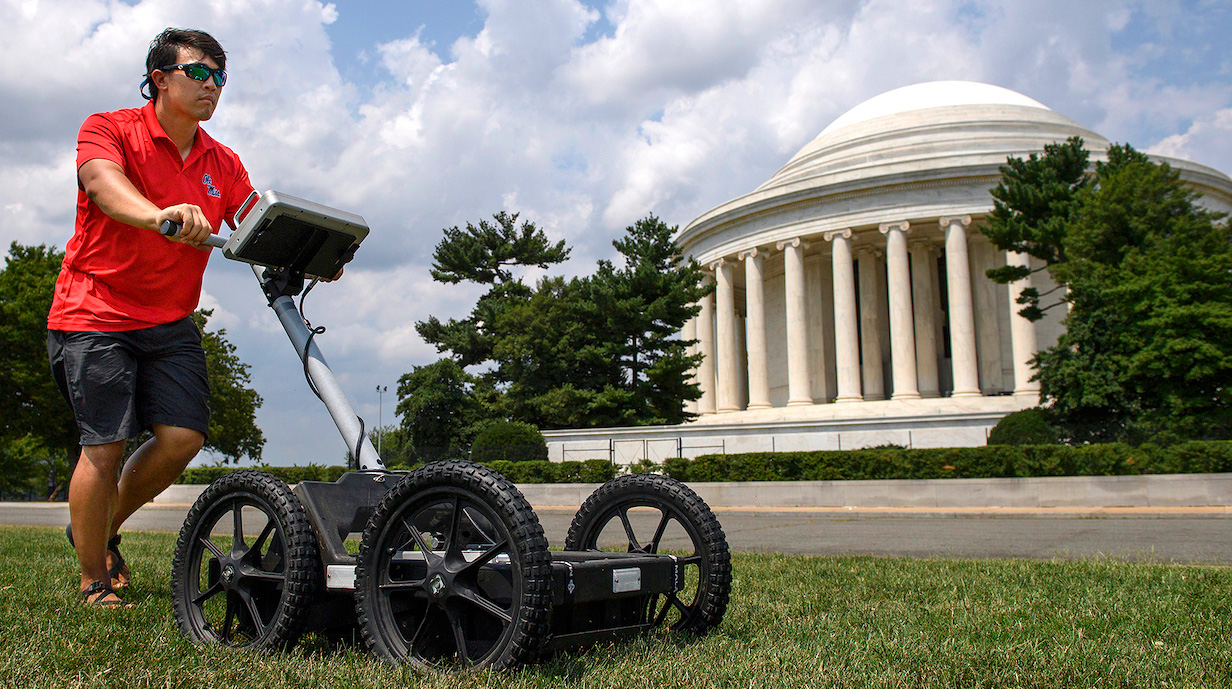
Ole Miss students undertake geological work to improve understanding of seismic risks to national landmarks in Washington, D.C.
About the Bachelor of Science in Geology
Geologists study the earth – its history, its composition and processes, as well as potential hazards such as earthquakes, volcanoes, landslides and climate change.
With a geology degree from Ole Miss, you can find a job in energy, mining, environmental consulting, government research and regulation. And, you’ll likely find yourself spending part of your workday outdoors – in swamps, mountains, forests, desert plains and out at sea.
What you’ll find at Ole Miss
There is a great atmosphere among our students, thanks to:
- Field trips – most geology classes incorporate local excursions, as well as summer field camps in Oklahoma and New Mexico.
- Student comradery – small classes and an active student-professional organization help create life-long relationships.
- Opportunities outside of class – you can participate in undergraduate research, internships and co-ops.
On this Page…
Program Information
Degree
B.S.G. in Geology
Emphases
N/A
Required Credit Hours
124
Program Type
Major
Program Location
School
Duration
4 years
Beyond the classroom
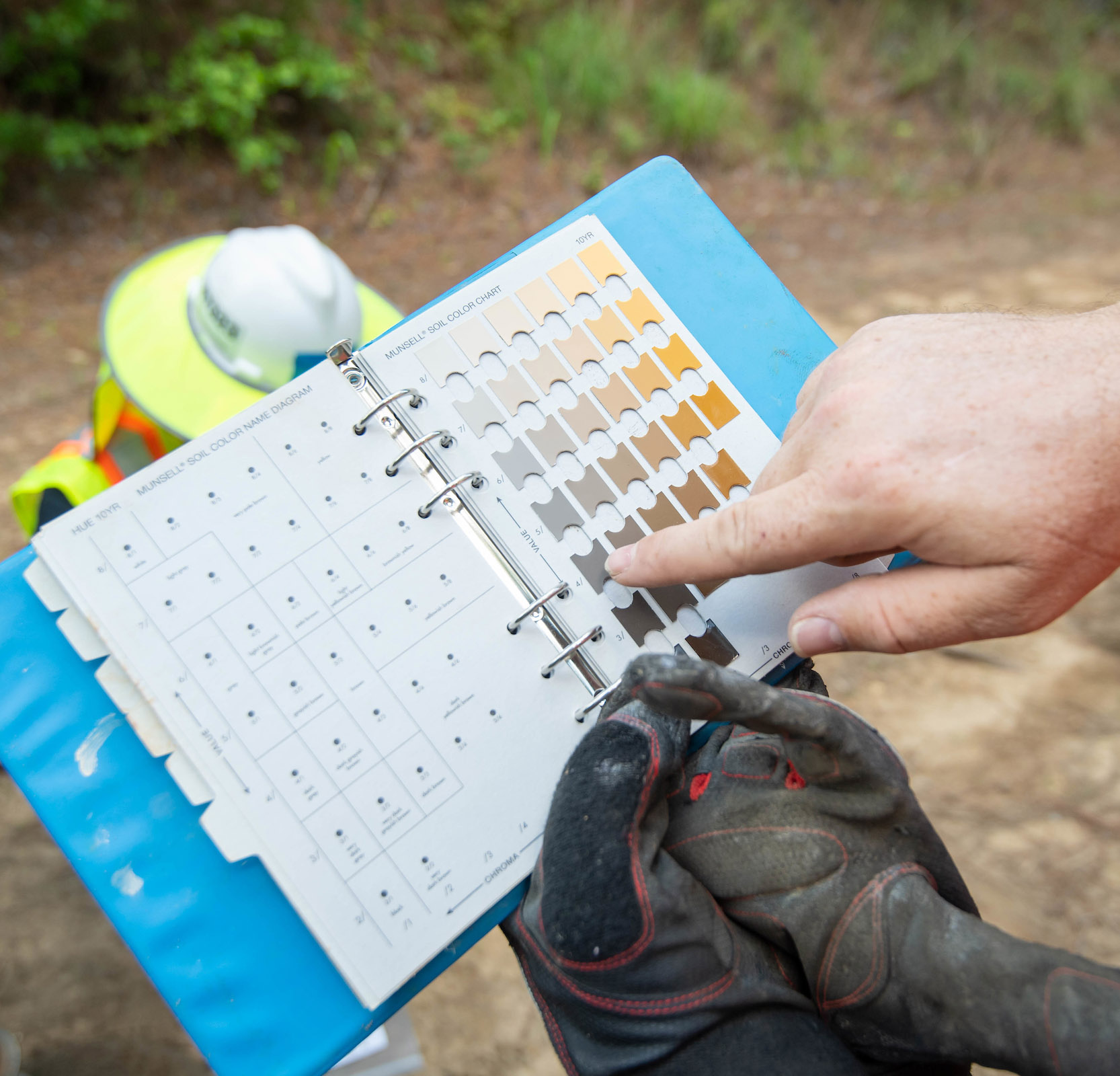
Field camp
Geology students spend two summers on site - getting hands-on experience (and class credit).
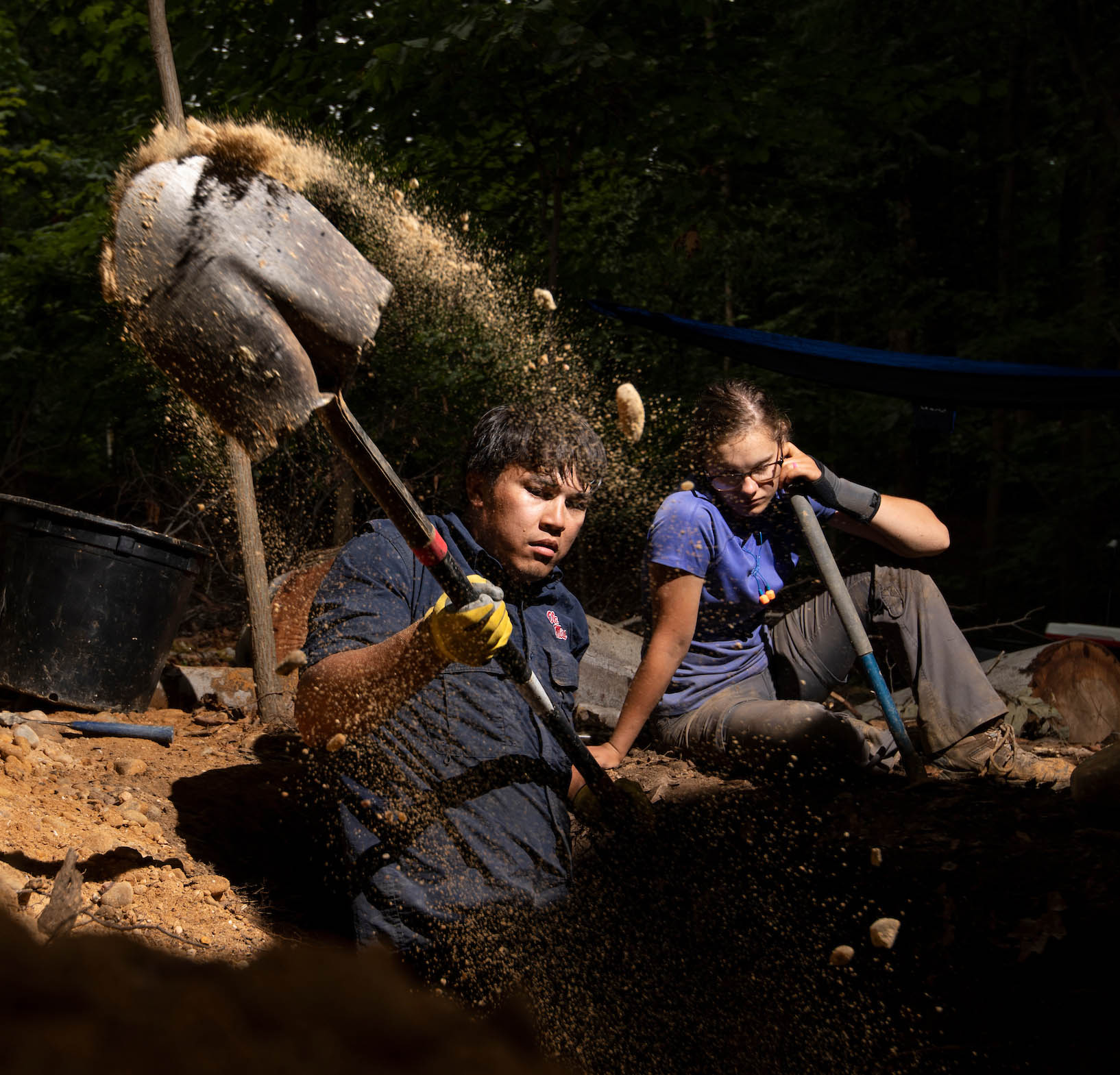
Co-ops and internships
Work for a semester or the summer in a company or lab to see what engineers do.
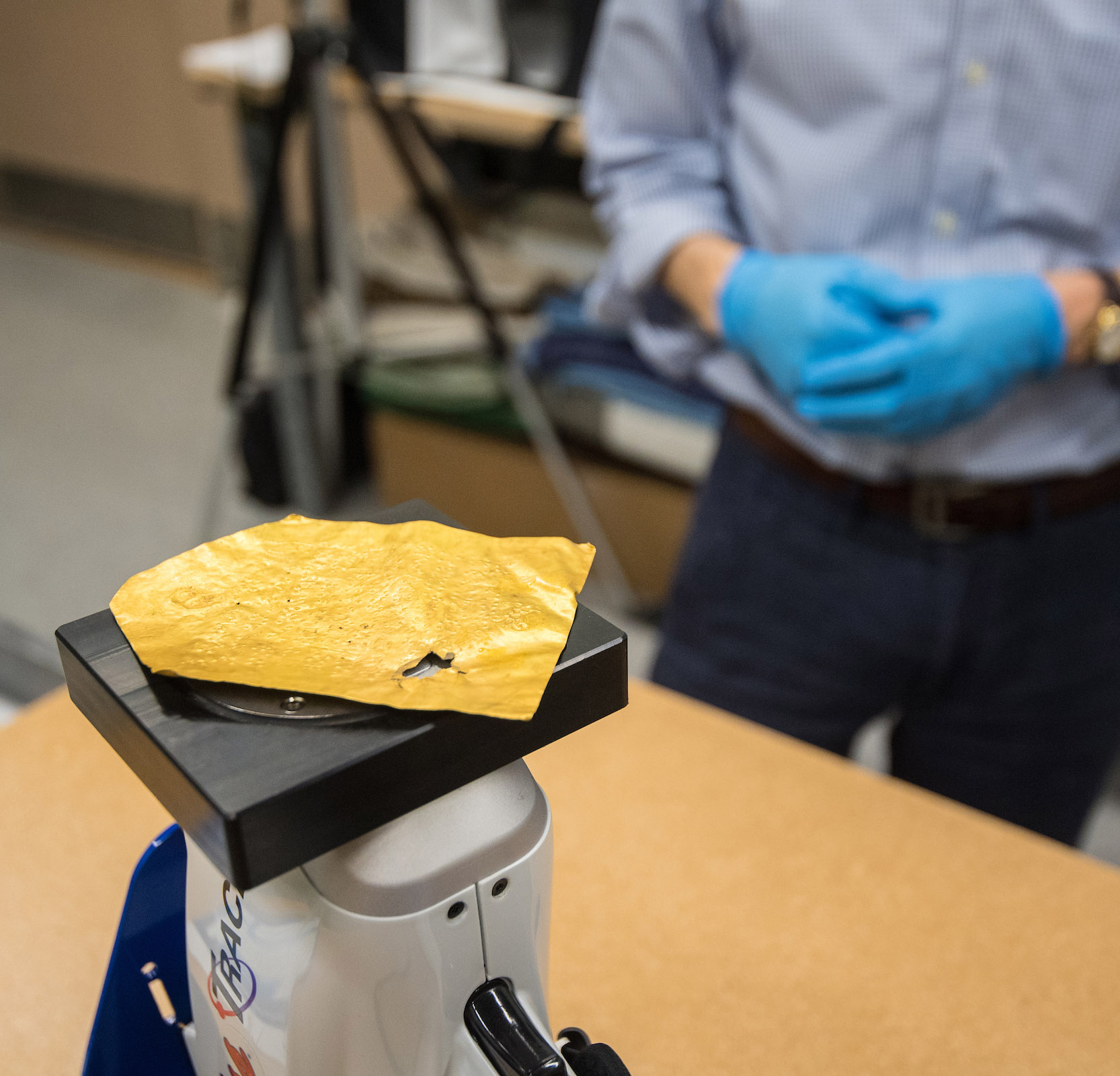
Research
We offer diverse, hands-on research to foster innovation and shape future technology leaders.
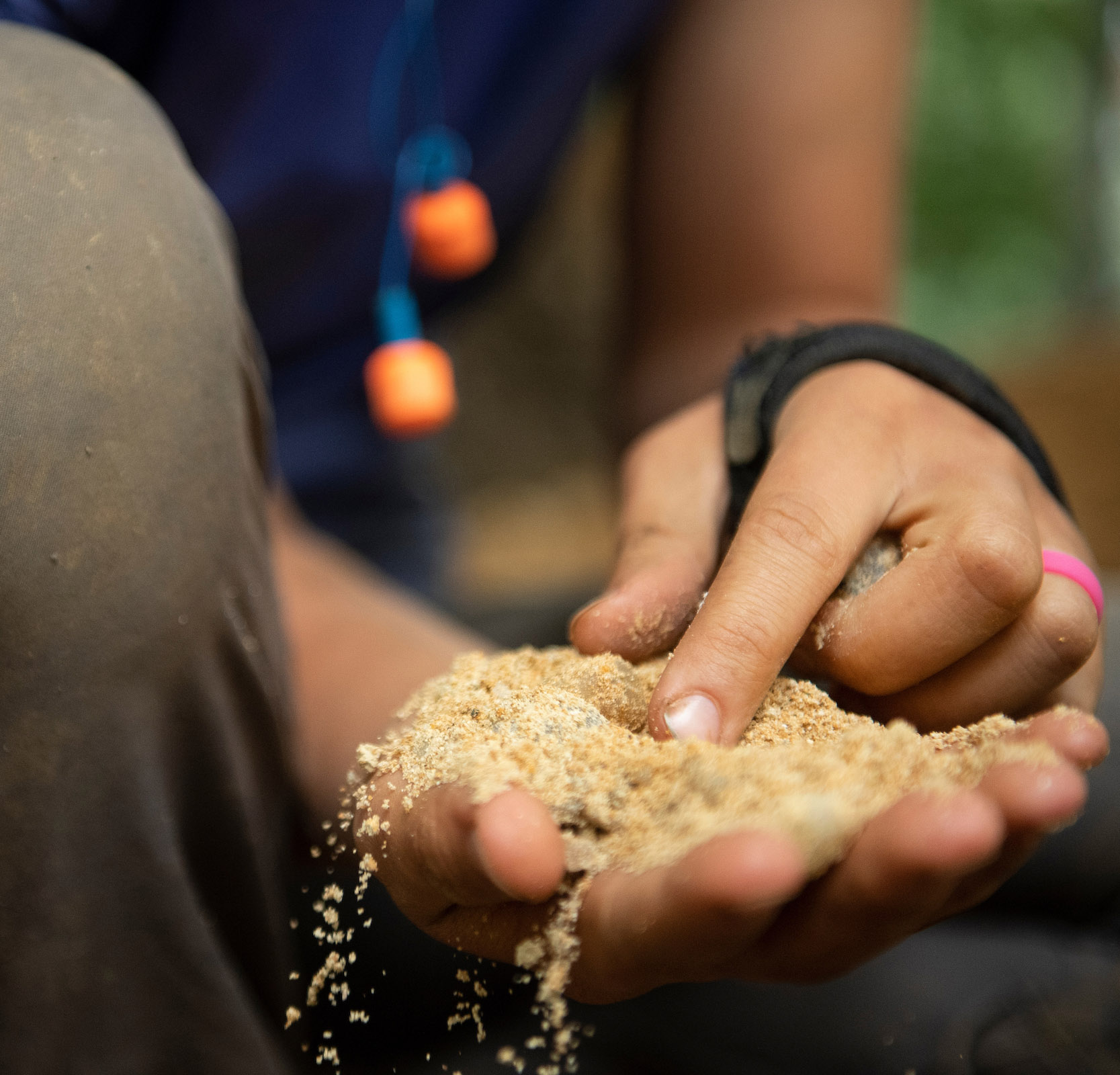
Student organizations
Find a club, talk about your favorite subject, or simply have a good time.
Next Steps
Explore Affordability
We have a variety of scholarships and financial aid options to help make college more affordable for you and your family.
Apply to the University of Mississippi
Are you ready to take the next step toward building your legacy?
